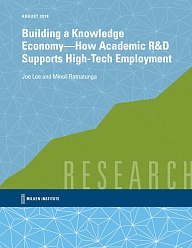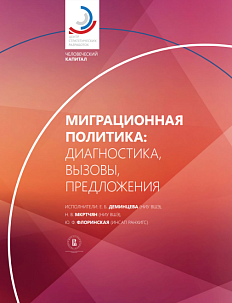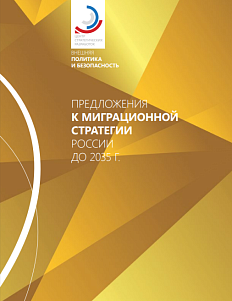Today, universities play an increasingly important role in determining a regions capacity for innovation and its ability to transform new ideas into economic activity and commercialize them. Not only do they educate the local workforce creating human capital, and produce intellectual property, but they also contribute indirectly through their basic research activities. While not of immediate commercial value, these foundational research activities help create and advance industries in unpredictable ways.
Understanding whether innovative industries in the high-tech sector benefit from R&D activity at regional academic institutions would be useful when assessing the tools available for technology-based economic development strategies. This empirical analysis of the relationship between research activity and high-tech employment aims to inform policymakers interested in the long-term capability of regions to sustain an economic base in knowledge-based industries.
To understand the connection between university research and regional economies, Milken Institute experts focus on research spending at universities and its relationship to employment in the regions high-tech sector.
The key findings of the analysis are:
- the net effects of academic R&D expenditures on high-tech employment are positive in the long run, suggesting R&D funding is an investment in the regional innovation ecosystem;
- technology transfer offices that facilitate the commercialization of academic R&D can be a mechanism to capitalize on untapped innovation;
- career development centers, placement services, and collaborative partnerships may increase spillover effects from universities by creating more opportunities for informal knowledge exchange.
.png)






